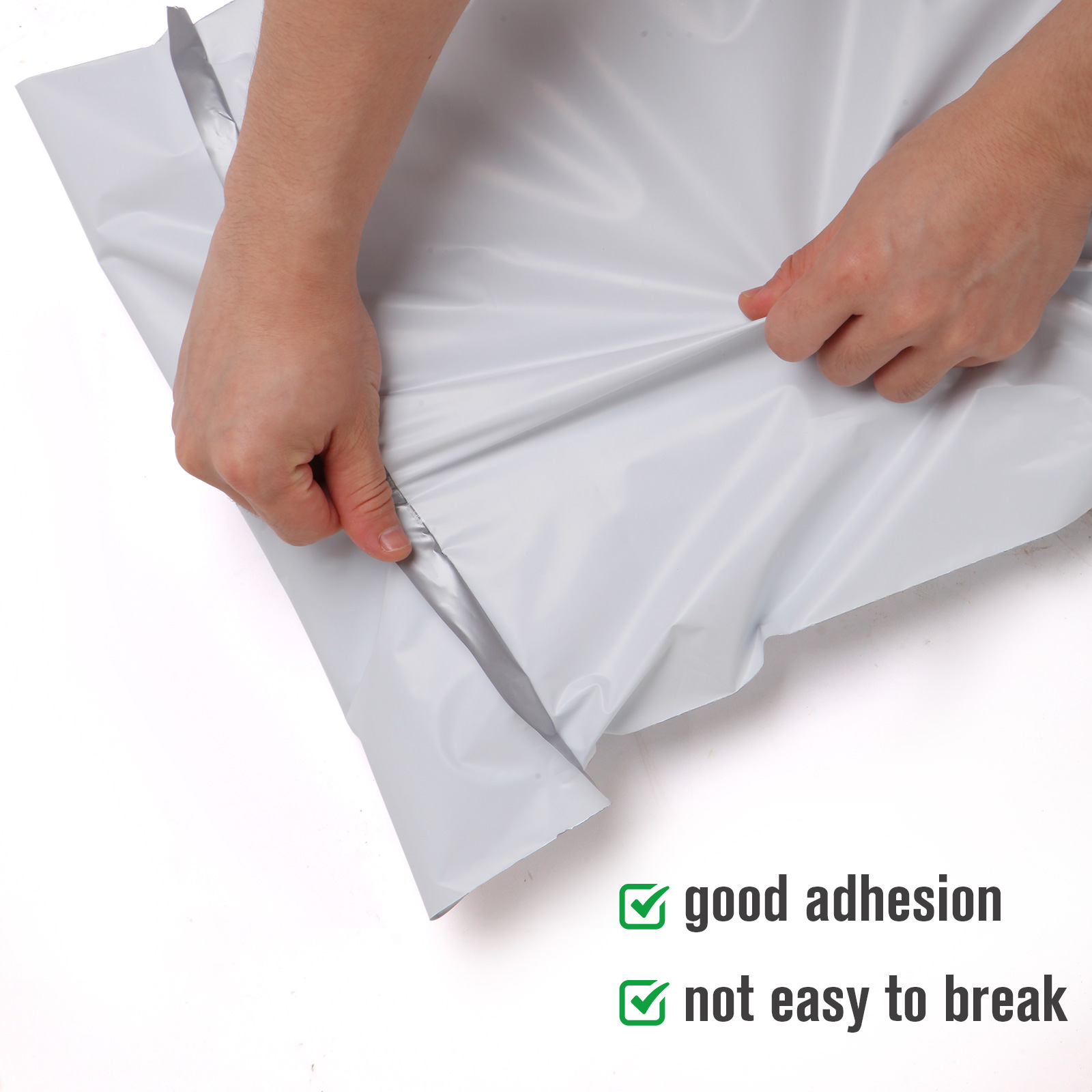Eco-Friendly Self-Sealing Bags for Sustainable Packaging Solutions
The Rise of Biodegradable Self-Seal Bags An Eco-Friendly Packaging Solution
In recent years, the global conversation surrounding environmental sustainability has gained significant momentum, prompting consumers and businesses alike to seek greener alternatives to traditional packaging solutions. Among the promising innovations in this arena are biodegradable self-seal bags. These bags not only offer convenience for various applications but also play a crucial role in reducing plastic waste and its detrimental impact on our environment.
The Rise of Biodegradable Self-Seal Bags An Eco-Friendly Packaging Solution
One of the standout features of biodegradable self-seal bags is their user-friendly design. These bags typically come with a simple peel-and-seal closure that allows users to pack items securely and conveniently. They are ideal for various applications, including food storage, retail packaging, and even shipping. The ease of use and functionality have made them a favorite among businesses seeking environmentally friendly options without compromising performance or customer experience.
biodegradable self seal bags

The demand for biodegradable self-seal bags is driven by increasing consumer awareness regarding environmental issues. According to recent surveys, a growing number of consumers express a willingness to pay a premium for products that are eco-friendly. Businesses aiming to attract these environmentally conscious consumers are increasingly adopting sustainable practices, including the switch to biodegradable packaging. This transition not only aligns with consumer preferences but also enhances a brand's reputation and encourages customer loyalty.
Moreover, biodegradable self-seal bags contribute to a circular economy model by promoting composting and responsible waste management. When disposed of in a composting facility, these bags can return valuable nutrients to the soil, thereby enriching the earth rather than contributing to landfill overflow. This process of breakdown supports sustainable agricultural practices and fosters healthier ecosystems, highlighting the broader environmental benefits of adopting biodegradable packaging solutions.
Despite the clear advantages, it is important to address a common misconception that all biodegradable products break down in every environment. Biodegradable self-seal bags require specific conditions, such as heat, moisture, and microbial activity, commonly found in industrial composting facilities, to decompose effectively. Therefore, consumers must be educated on proper disposal methods to maximize their environmental benefits.
In conclusion, biodegradable self-seal bags represent a significant step forward in the quest for sustainable packaging solutions. Their convenience, functionality, and minimal environmental impact make them an appealing choice for consumers and businesses alike. As the global community continues to grapple with the mounting challenges of plastic pollution, embracing biodegradable options is not just a trend but a necessary shift towards a more sustainable future. By prioritizing eco-friendly practices, we can contribute to a healthier planet for generations to come.
-
The Best Uses for Small Trash Bags in Daily LifeNewsJul.01,2025
-
Stylish Reusable Grocery Bags TrendsNewsJul.01,2025
-
Shipping Advantages of Using Bubble Envelopes BulkNewsJul.01,2025
-
How Compostable Mailing Bags Reduce Environmental ImpactNewsJul.01,2025
-
Environmentally - Friendly Bulk Poly MailersNewsJul.01,2025
-
Eco Friendly Custom Laminated Tote BagsNewsJul.01,2025
-
Have the freedom of customizing your custom mailers any way you want! Our dedicated packaging support will help deliver you the mailing experience you need to elevate your shipping experience to the next level! Start making a strong impression on your customers and stand out from your competitors! -
LIYA uses high quality raw materials which directly purchased from large enterprises domestic and overseas such as PetroChina, Sinopec, Sabic, Equate, ExxonMobil, Dow Chemical, Total, and Borouge, ensuring the price advantage and quality of the raw materials. -
LIYA uses high quality raw materials which directly purchased from large enterprises domestic and overseas such as PetroChina, Sinopec, Sabic, Equate, ExxonMobil, Dow Chemical, Total, and Borouge, ensuring the price advantage and quality of the raw materials.





